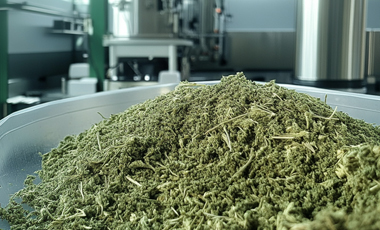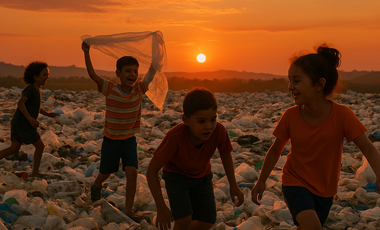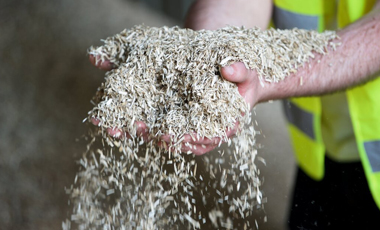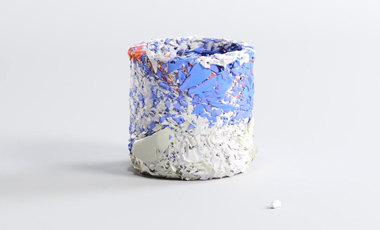

At the bottom of the sea: the garbage that betrays us
The Calypso Trench in the Ionian Sea reveals a worrying concentration of marine debris, revealing the extent of human pollution in the depths of the ocean.
In the Calypso Trench, more than 5,100 meters under the Mediterranean Sea, scientists found what should not be there: bags, plastics, glass, textiles. It is not an accident, it is a mirror.
This discovery, part of the European iAtlantic project, shows that even the deepest corners of the ocean are not safe from our footprint. Despite international regulations such as the MARPOL Convention, waste continues to arrive, affecting unique habitats and little-known species.
The Mediterranean Sea, which represents less than 1% of the world's ocean surface, is home to up to 7% of the planet's plastic pollution. Its semi-enclosed nature and high coastal population density make it a natural waste trap.
This discovery is not just a scientific fact; it is a wake-up call. How long can we ignore the consequences of our actions?
What do you think about this situation? Do you think it is possible to reverse the damage we have done to our oceans?
Other related news
-
Sustainability

Industrial hemp: a strategic driver for Uruguay’s new bioindustry
Could this be the cornerstone of a new green and regenerative economy for Uruguay?
-
Sustainability

Redefining Value: Why Investing in Sustainability is No Longer Optional
In a world where the word "cost" drives key business and government decisions, we need to rethink what we are talking about when we talk about investment.
-
Sustainability

Hemp: A crop with a future
For years its potential was ignored, but today the world is rediscovering all that hemp can bring to industry and the environment.
-
Sustainability

Circular Economy: Redefining Value
The system we live in is designed for waste. We produce, consume, and discard - leaving behind millions of tons of waste that accumulate in landfills, oceans, and soil. But what if there were no more waste?
